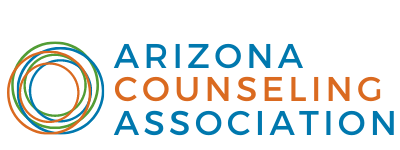
The Darker Side of Sleep: Recognizing Trauma-Induced Insomnia
- Registration Closed
This session will acquaint participants with the value of exploring sleep patterns in all clients. Inquiry about sleep should be a part of any biopsychosocial evaluation since disrupted sleep can have profound physical and psychological consequences. Fully 35% of American adults rate their sleep quality as ""poor to fair" and 53% have difficulty staying asleep at night. Recent research indicates that adults who reported frequent experiences of physical and emotional abuse in childhood, regardless of sexual abuse were found to be at especially high risk (>200%) of sleep pathology, primarily insomnia. Potential assessment instruments for adverse childhood experiences (ACEs) and sleep quality (Pittsburgh Sleep Quality Index) will be presented in detail, as well as a simple sleep diary for self-monitoring. Unfortunately, sedative/hypnotic drugs are frequently prescribed for insomnia and are replete with issues of tolerance and dependence. Several non-pharmacologic therapies will be described including sleep hygiene methods, mindfulness-based stress reduction, body scan and mindfulness-based therapy for insomnia (MBT-I).
Objectives:
- Explore "normal" adult sleep and how sleep deprivation affects clients physically and psychologically.
- Understand the relationship between childhood trauma and sleep disorders.
- Review methods for assessment of sleep disorders.
- Learn about evidence-based treatments for insomnia.
Dr. David Engstrom is a licensed Clinical Health Psychologist in Scottsdale, Arizona. He is an affiliate medical staff member at HonorHealth Medical Center Shea and consults with the Bariatric Center and the Sleep Disorders Center. He is a graduate of The George Washington University with Special Honors in Psychology and received his Ph.D. from the University of Southern California, serving his internship at the Los Angeles County-USC Medical Center. Dr. Engstrom is board certified as a Diplomate of the American Board of Professional Psychology and American Mental Health Counselors Association in Integrated Behavioral Healthcare. He is currently a full-time Core Faculty member in Counseling at the University of Phoenix. Dr. Engstrom's primary interests include weight management, addictive behaviors, behavioral treatment of insomnia, chronic pain, motivation to change health behaviors and stress management. He has published numerous articles in professional journals and has produced audio programs on these subjects.